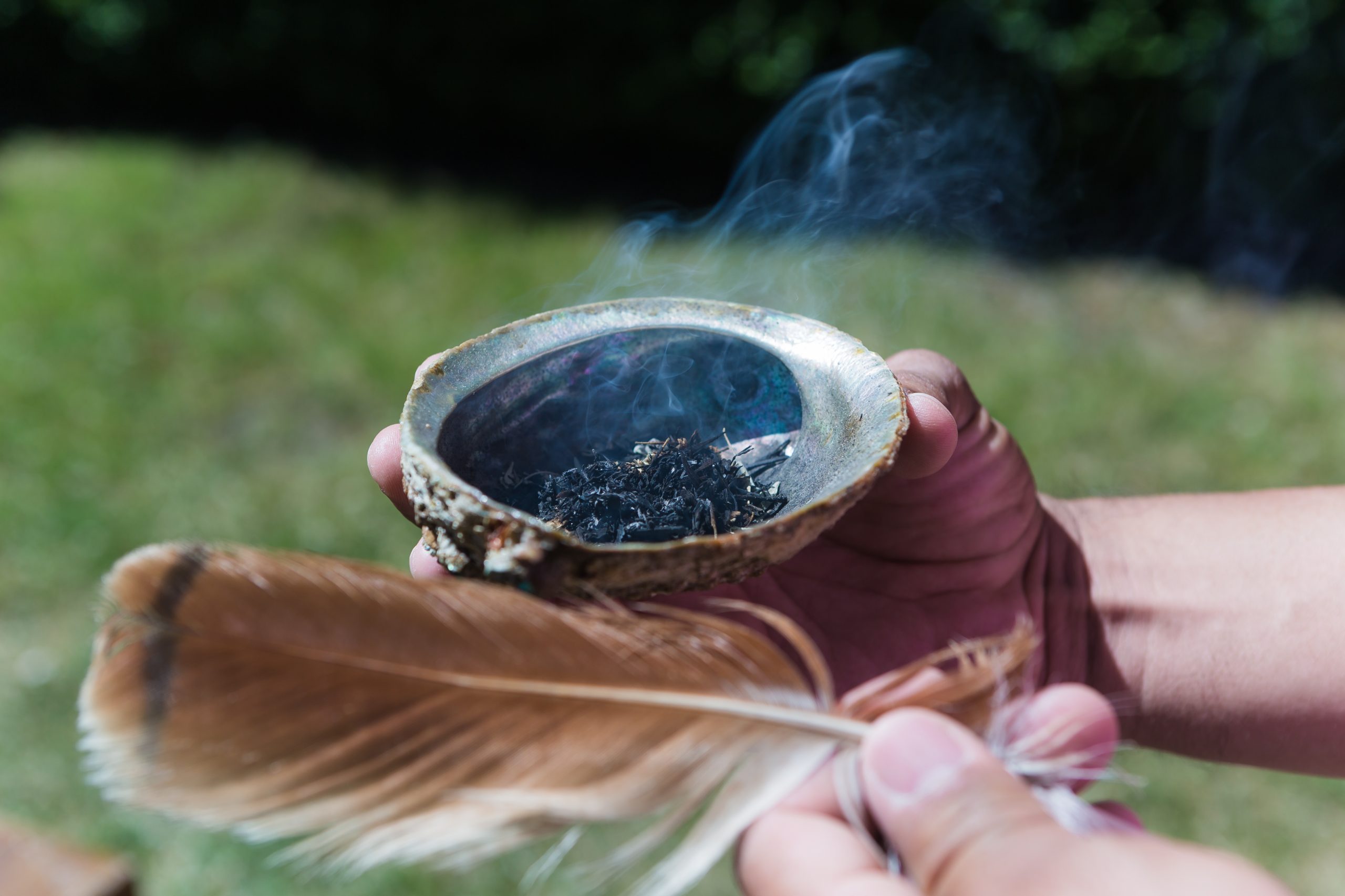

April 8th, 2020
Victoria, B.C. — April 8, 2020 — Friendship Centres are experiencing an increase in requests for services from First Nations communities and vulnerable populations as a result of the COVID-19 pandemic.
Collectively, Friendship Centres are the largest infrastructure serving urban Indigenous populations across Canada, providing services critical to the health and wellbeing of their clients for almost 70 years. At their core, Friendship Centres are committed to a brighter future for all, helping whoever walks through their doors in need of supports, no matter their ancestry or Indigenous status.
“We do what we can for all Indigenous people, and when we are in times of emergency, like this COVID-19 pandemic, we pull together, and do our very best to address the increased need for services,” Leslie Varley, Executive Director of the B.C. Association of Aboriginal Friendship Centres (BCAAFC), is working alongside the National Association of Friendship Centres (NAFC) to secure supports for centres providing essential and urgent services to communities. The NAFC is submitting a funding proposal to the federal government on behalf of Friendship Centres nation-wide, in hopes of receiving a portion of the $15 million in emergency funding allocated for urban Indigenous organizations.
The 25 Friendship Centres located in B.C. have a history of supporting people during times of crisis, some serving as evacuation support centres during intense wildfire seasons. During this pandemic, Friendship Centres are continuing to provide essential services whenever possible, and many are working to fulfill additional urgent needs, such as shelter services for people experiencing homelessness. Other Friendship Centres are reaching out to ensure neighbouring Indigenous communities have access to services that other groups and organizations are not providing for.
The BCAAFC is requesting additional supports from the provincial government, and seeking opportunities to collaborate with other organizations and governing bodies to ensure Indigenous and Métis people, wherever they reside, are not suffering due to jurisdictional boundaries.
The backgrounder attached outlines the requests made by Friendship Centres in order to safely provide essential and urgent services.
For more information, please contact:
Leslie Varley, Executive Director, BCAAFC
250-893-0494 | lvarley@bcaafc.com
Each Friendship Centre is an autonomous not-for-profit organization, governed by a local board of volunteer directors. Each centre develops programs and services depending on the needs identified by community members.
The province of B.C. accepts that 85% of Indigenous people in BC reside off reserve. This means many Indigenous people living off reserve are in dire need of supports and services; however, at this point, few additional services and resources are available to Friendship Centres.
The $305 million in funding announced by the federal government breaks down as follows:
– $125 million for First Nations, with a base amount for each
– $45 million for Inuit determined by Inuit Tapiriit Kanatami and land-claim groups
– $30 million for Métis Nation communities, through provincial bodies
– $15 million for Indigenous urban organizations (Canada-wide)
Across Canada, only urban Indigenous organizations, such as Friendship Centres, are required to apply for funding through a national proposal process, rather than receiving the funds allocated directly.
The National Association of Friendship Centres is submitting a proposal on behalf of all Friendship Centres for a portion of the $15 million funding available for Indigenous urban organizations.
Friendship Centres have asked for:
– Food and food vouchers to address food insecurity
– Care packages delivered to those with health problems and shut-ins
– Home kits for postpartum parents, including diapers and formula
– Cold and flu medications and other basic medications and first aid kits
– Travel supports for those who are having to resort to hitchhiking in areas like the Highway of Tears
– Taxi vouchers for those needing to get supplies or go to a doctor
– Supports for the homeless, including bedding, warm clothing, tents, and storage
– Cell phones for isolated elders, shut-ins and homeless folks so they can stay in contact with loved ones and service providers
– Hand washing stations, gloves, masks and sanitizer, for Friendship Centre staff and communities
Friendship Centres fulfill the Government of B.C.’s criteria for essential service providers, excerpt as follows:
“Vulnerable Population Service Providers
– Businesses and non-profits that provide food, shelter, social, and support services, and other necessities of life for economically disadvantaged or otherwise vulnerable individuals, such as:
– Childcare services for those persons providing essential services
– Caregivers for children in care and out of care.”
In addition to the essential services defined, many Friendship Centres also provide specialized services, such as safe transition houses for women and families fleeing violence, and social housing.
– Government of Canada. (April 6, 2020). Indigenous Community Support Fund. http://ow.ly/lgz250z86lE
– Government of British Columbia. (April 3, 2020). List of COVID-19 Essential Services. http://ow.ly/7R8l50z7V5p